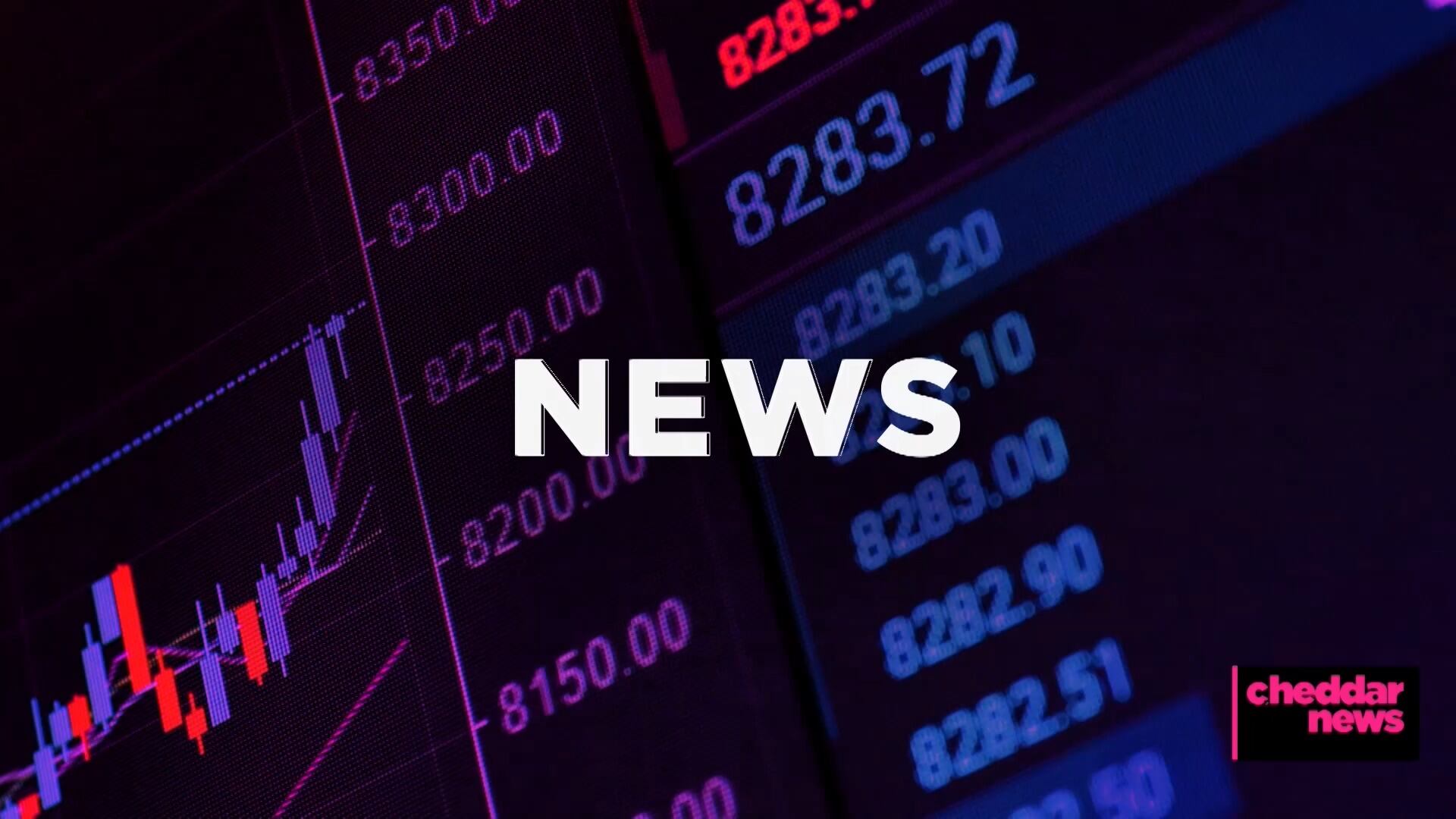Tensions are rising in Iran as thousands of people are taking to the streets in protests against the government. Center for Human Rights in Iran's Deputy Director Omid Memarian explains the economic factors driving the unrest, and implications of social platforms being blocked inside the nation. "The protests have been spontaneous," says Memarian. "Economy is one of the major problems in Iran. Embezzlement by Iranian officials--corruption is deeply rooted in ranking officials." The Iranian government has blocked social media platforms including Facebook, Telegram, and Instagram. Memarian says this move is dangerous. "It shows how the government is very insecure," said Memarian.
Share:
More In Politics
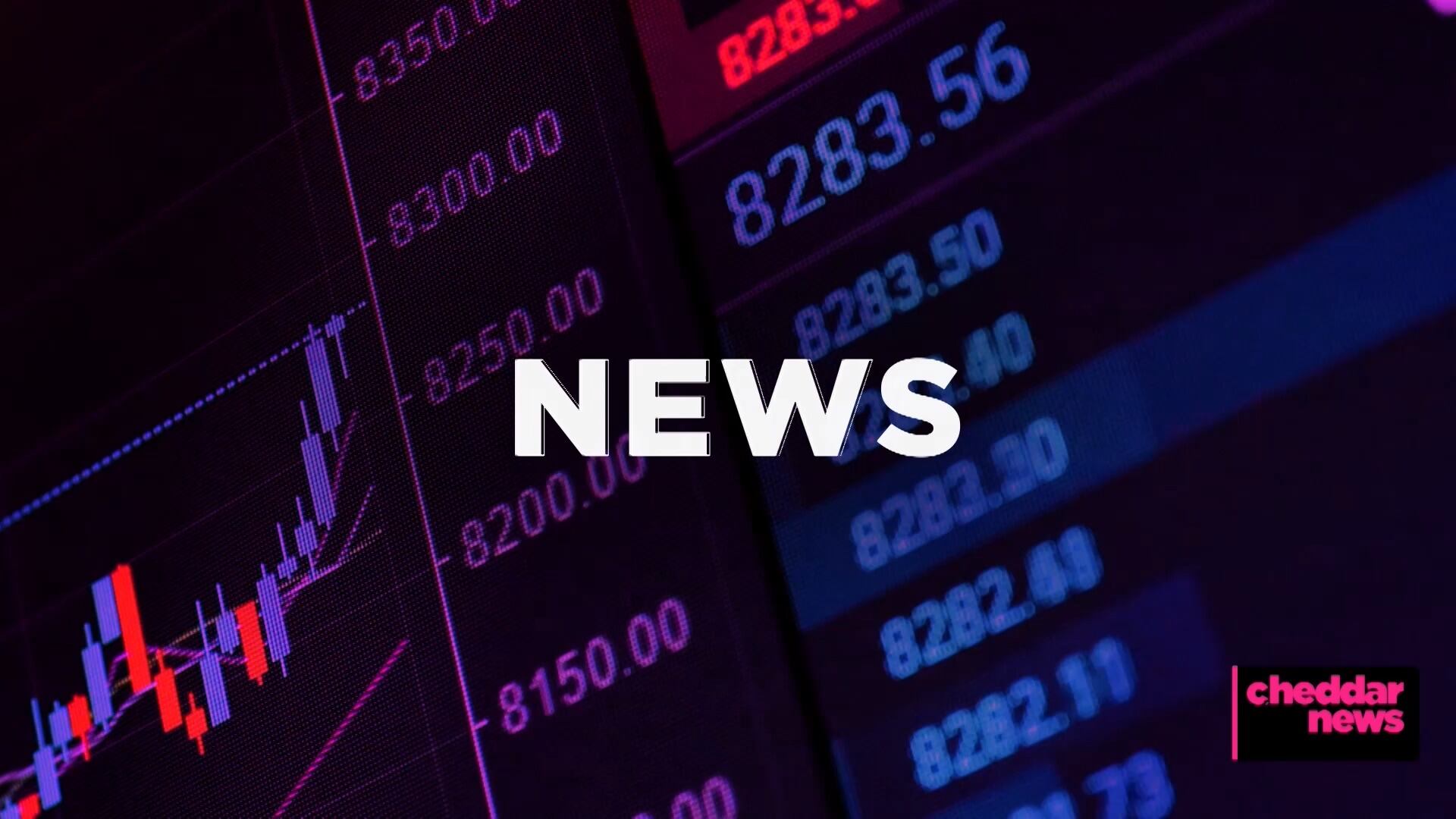
need2know-afternoon-edition-020422
need2know-afternoon-edition-020422
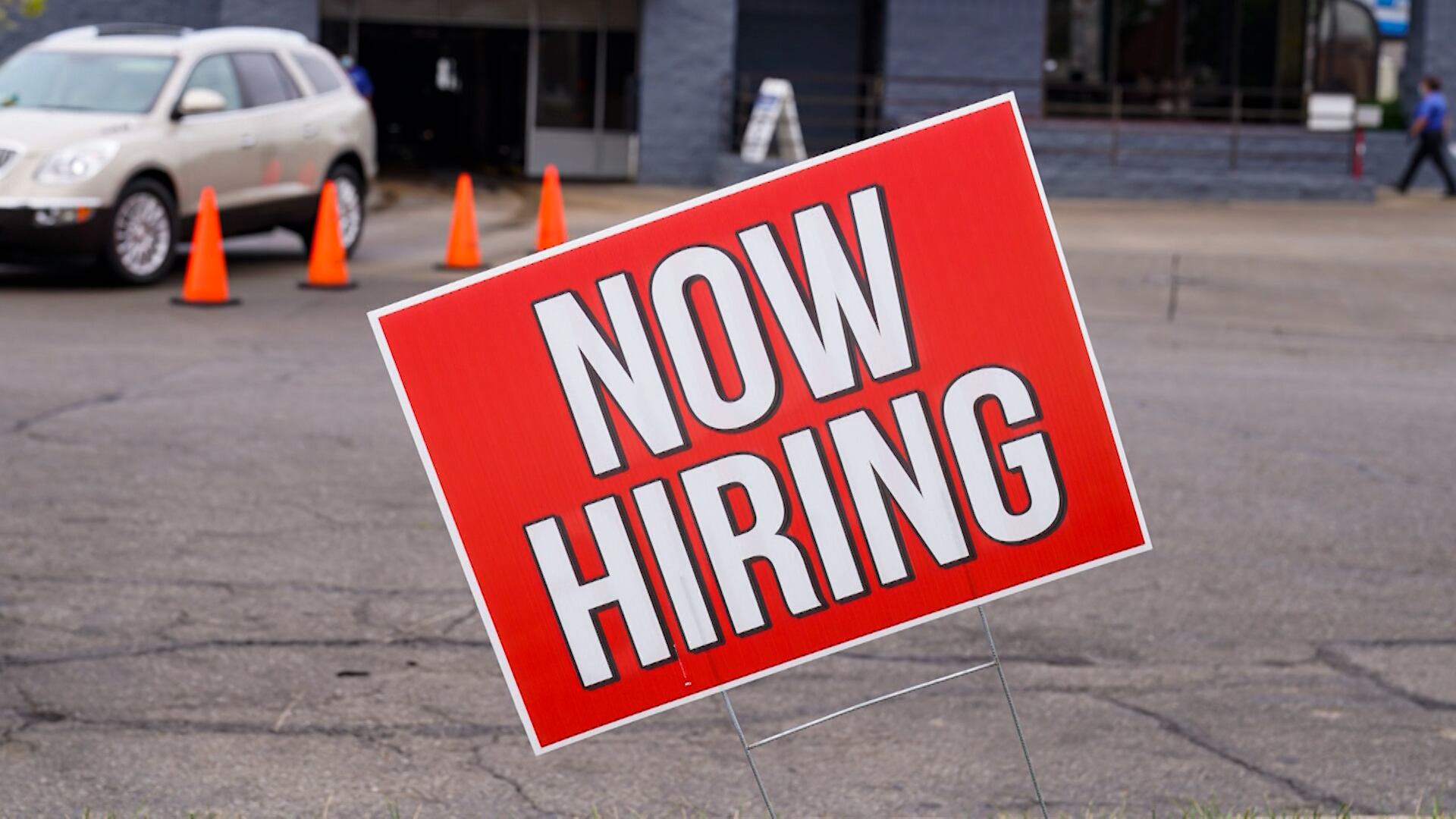
Economy Appears to Be Back on Track in 2022 With Job Growth
Following the surprising big beat on estimates for the January jobs report, William M. Rodgers III, vice president and director of the Institute for Economic Equity at the Federal Reserve Bank of St. Louis, joined Cheddar News to break down the data. “We ended 2021 with a strong crescendo to a recovery that had taken hold, and we started 2022 in good fashion." He also discussed the dueling pressures of wage growth and inflation.
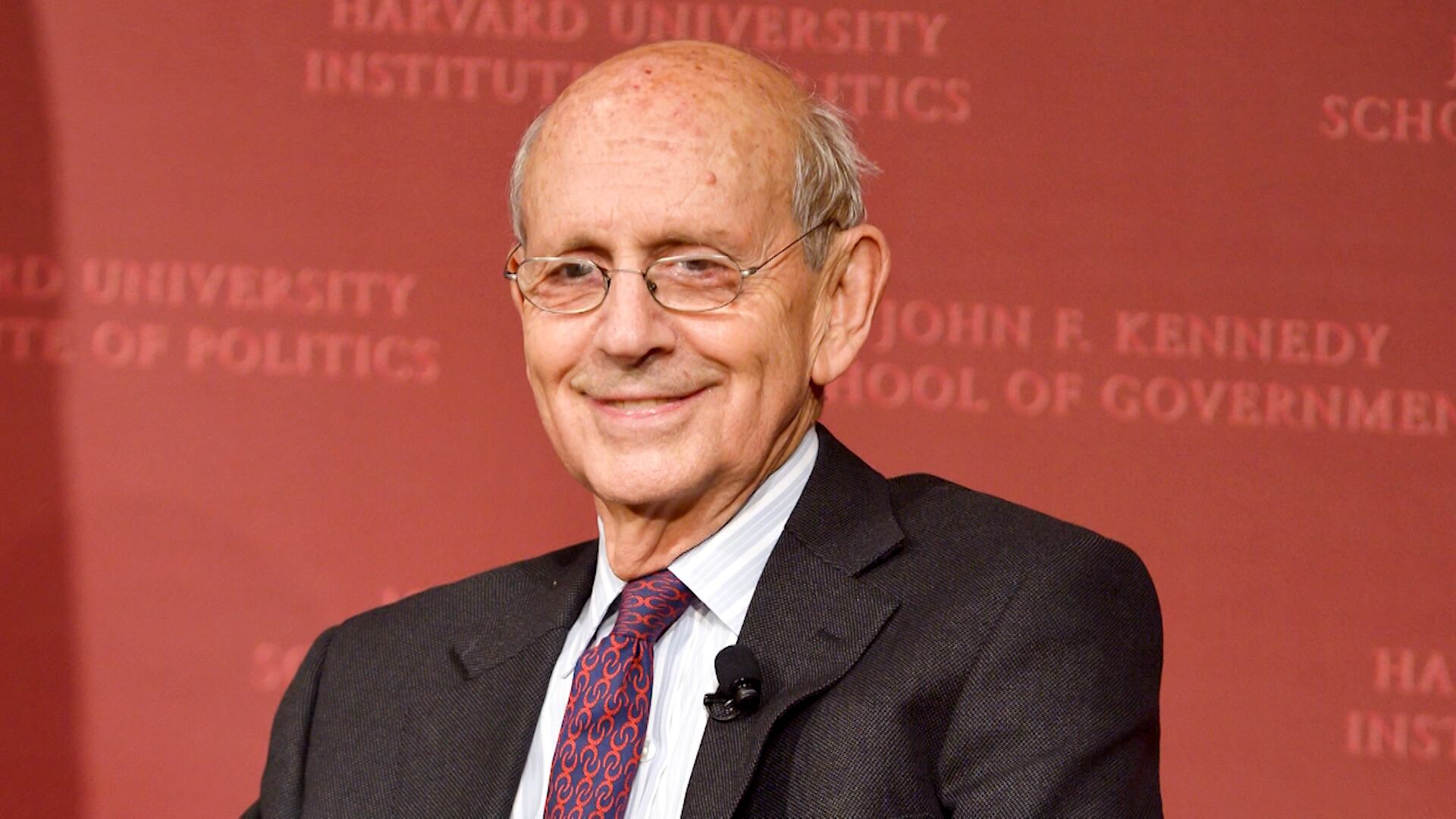
Justice Stephen Breyer to Retire
Jessica Mason Pieklo, senior vice president and executive editor of the Rewired News Group and co-host of the podcast. "Boom! Lawyered," joins Cheddar Politics to discuss Justice Stephen Breyer's retirement, legacy and potential replacement on the Supreme Court.
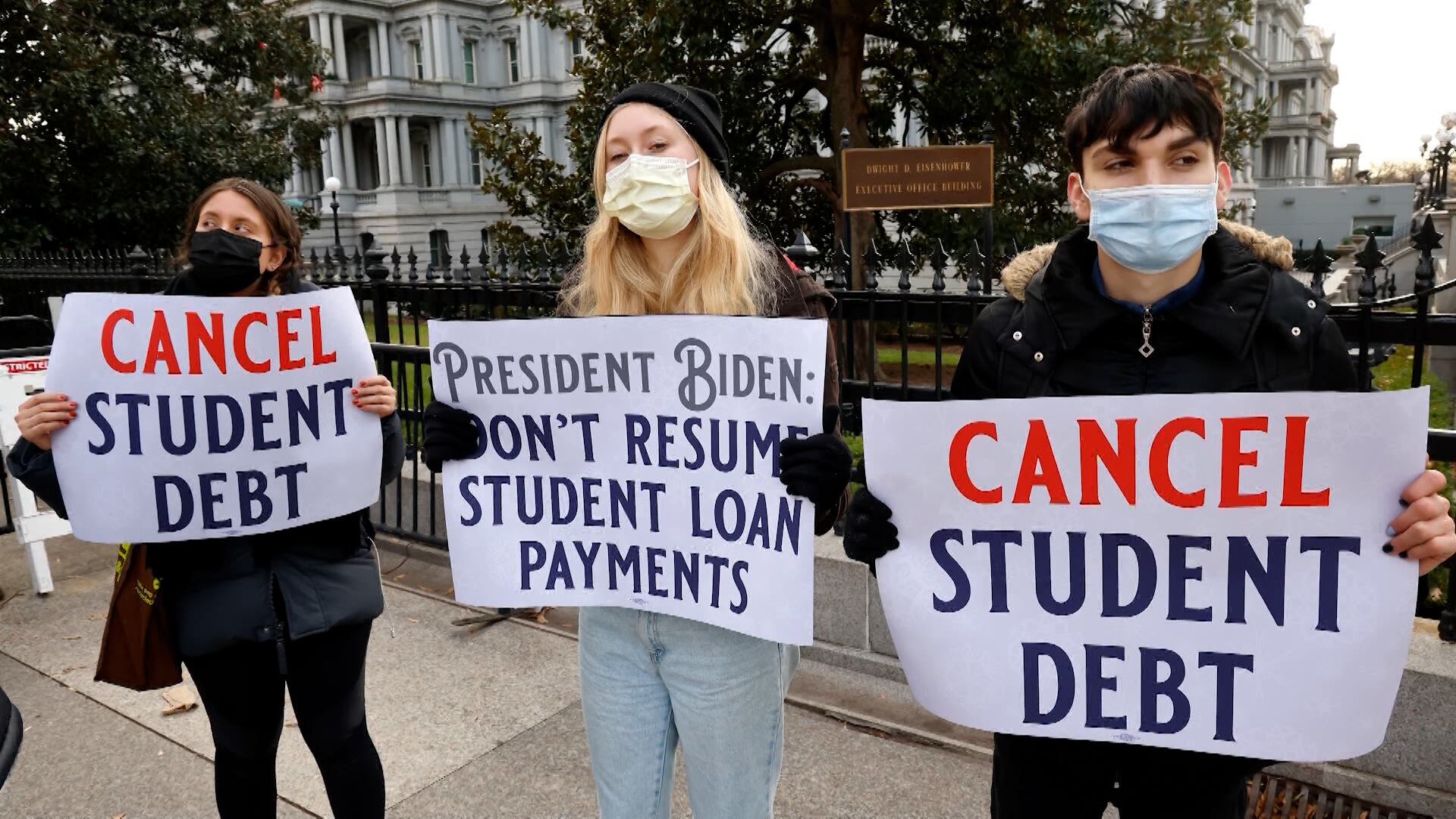
Student Borrowers Anxious for Payments to Resume in May
The Biden administration delivered a temporary win for student loan borrowers this year by extending the moratorium on federal payments for a few more months. That moratorium is coming to an end on May 1st and borrowers will again have their monthly loan payment plopped in their lap. Stephanie Vanderslice, a creative writing professor paying off debt through the Parent Plus program, and Mike Pierce, executive director of the Student Borrower Protection Center, join Cheddar Politics to discuss.
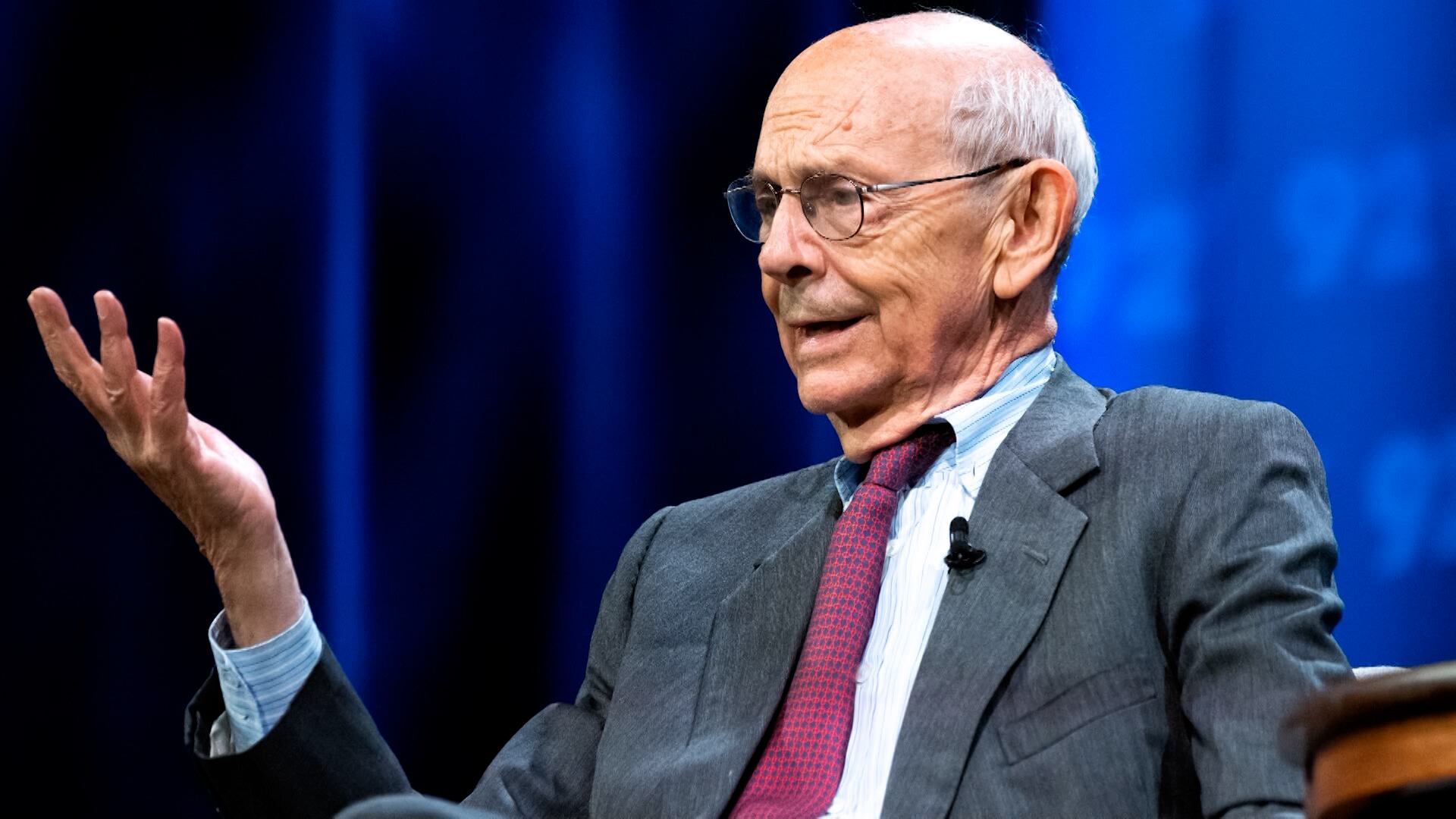
The Legacy of Justice Stephen Breyer
2022 was already going to be a big year for the Supreme Court. We have decisions on major issues like abortion and gun rights on the way. Then, Justice Stephen Breyer announced his retirement and that set up a major confirmation fight for later this year. Amy Howe, co-founder of SCOTUSblog, joins Cheddar Politics to discuss.

Biden-Harris Administration’s Racial Equity Efforts
Gerren Keith Gaynor, managing editor of politics at The Grio, joins Cheddar News to discuss Biden-Harris Administration's racial equity efforts.
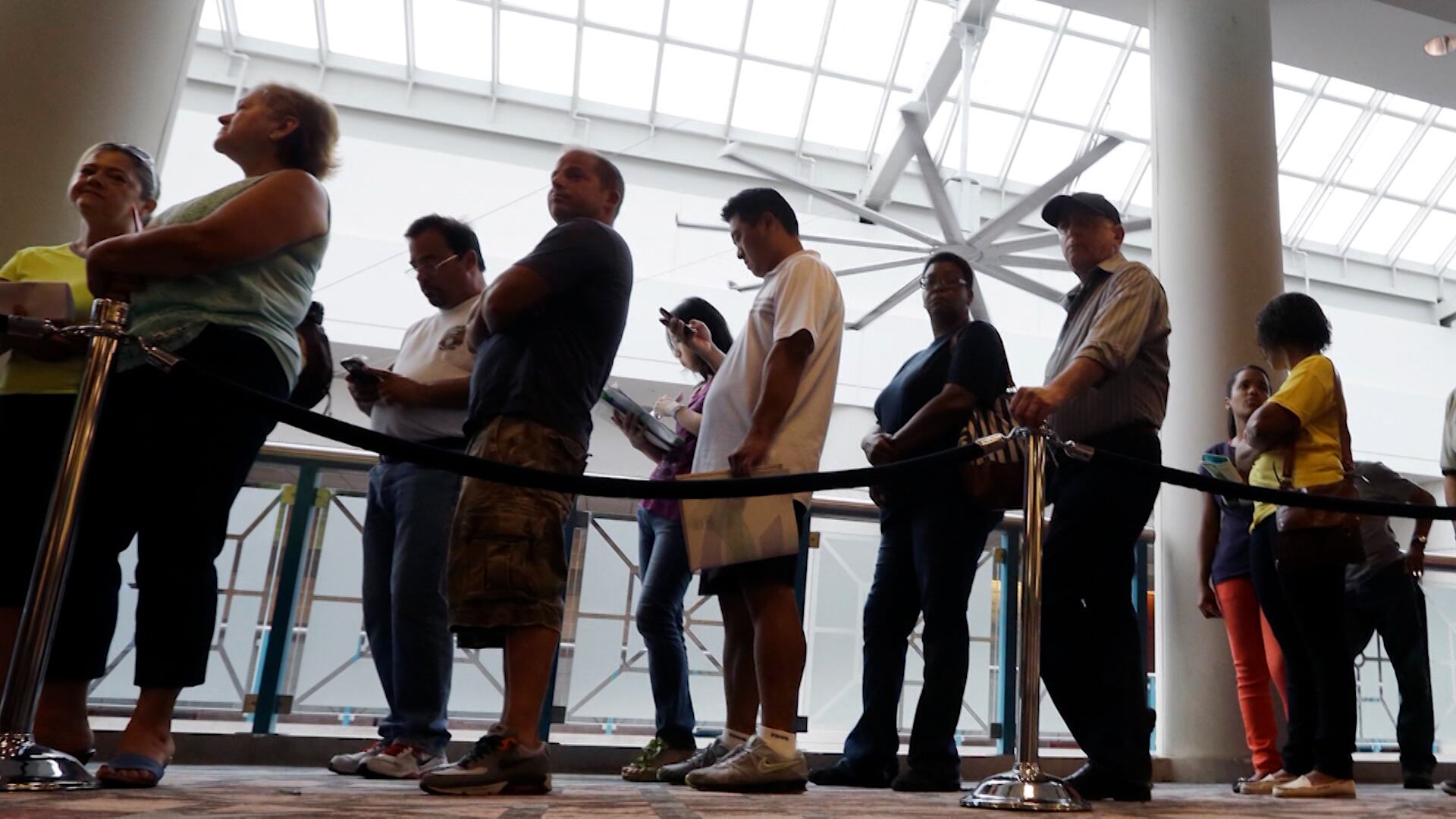
White House Economic Adviser on January Job Growth, Wages vs. Inflation
The Labor Department released a better-than-expected report of 467,000 jobs added in January. Heather Boushey, Council of Economic Advisers Member for President Biden, joined Cheddar to tout the administration's handling of the economy amid the pandemic and the upward revisions for the previous month. "It also shows that, because of the revisions, the economy was stronger over the past couple of months," she said. "I don't think that this can be said enough, but economic forecasting during an historic pandemic is extremely difficult." Boushey also addressed issues involving wage growth versus the rapid rise of inflation.
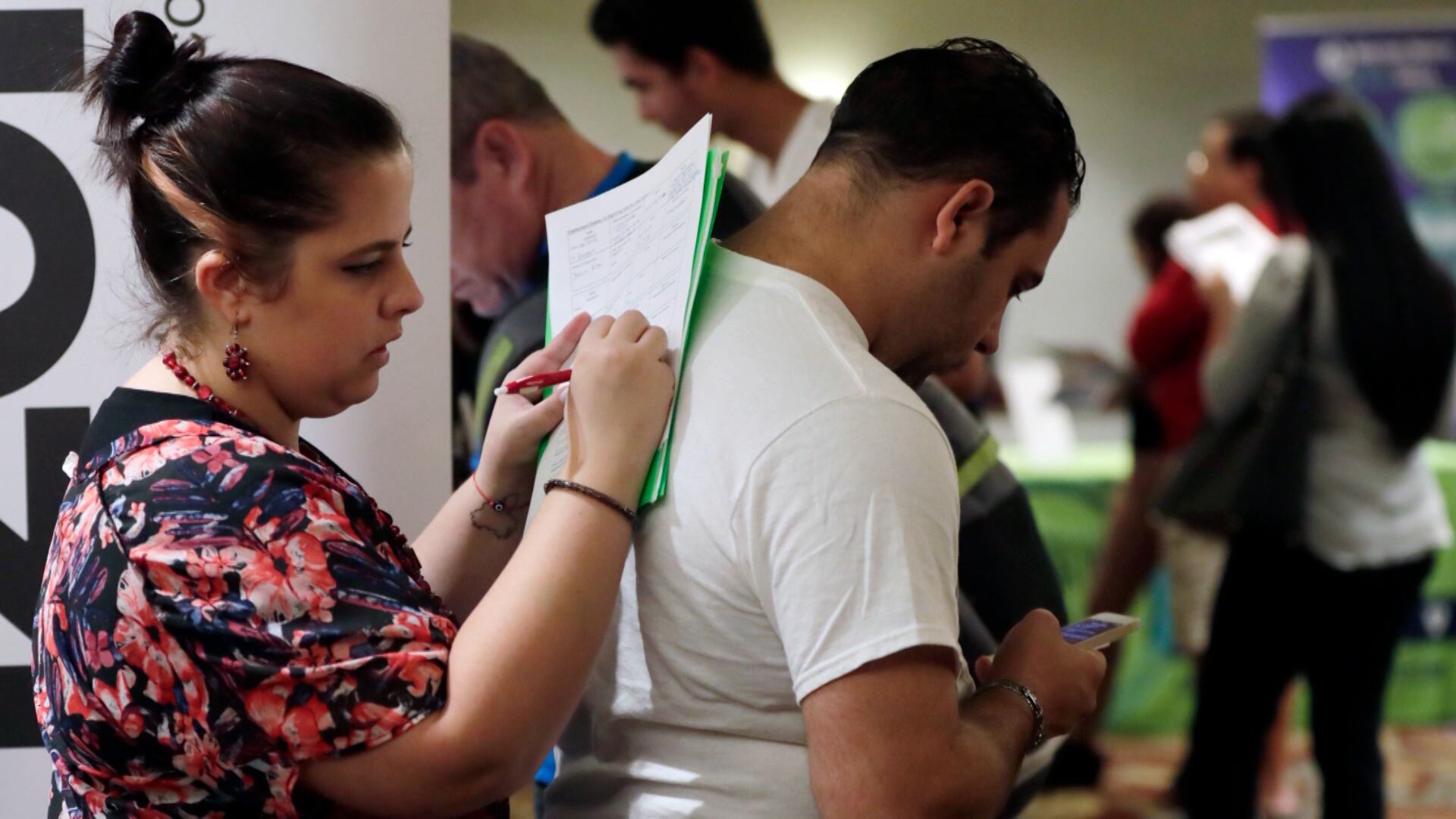
'Stellar' January Jobs Report Shows Much Ground Recovered Since Start of Pandemic
The Labor Department's January jobs report showed 467,000 jobs were added, compared to the 150,000 that were projected, a sign that employment is continuign to return to pre-pandemic levels. Lindsey Piegza, chief economist at investment bank Stifel, joined Cheddar to break down the report, noting the big gains but adding a note of caution. "Remember, even with this morning's stellar report, we're still millions below that level that we had reached prior to the onset of COVID-19," she said." Yes, we are recapturing jobs. We still have further ground that needs to be made before we can talk about reaching that previous peak." Piegza also discussed the role of the Federal Reserve going forward as the employment figures turn more positive.
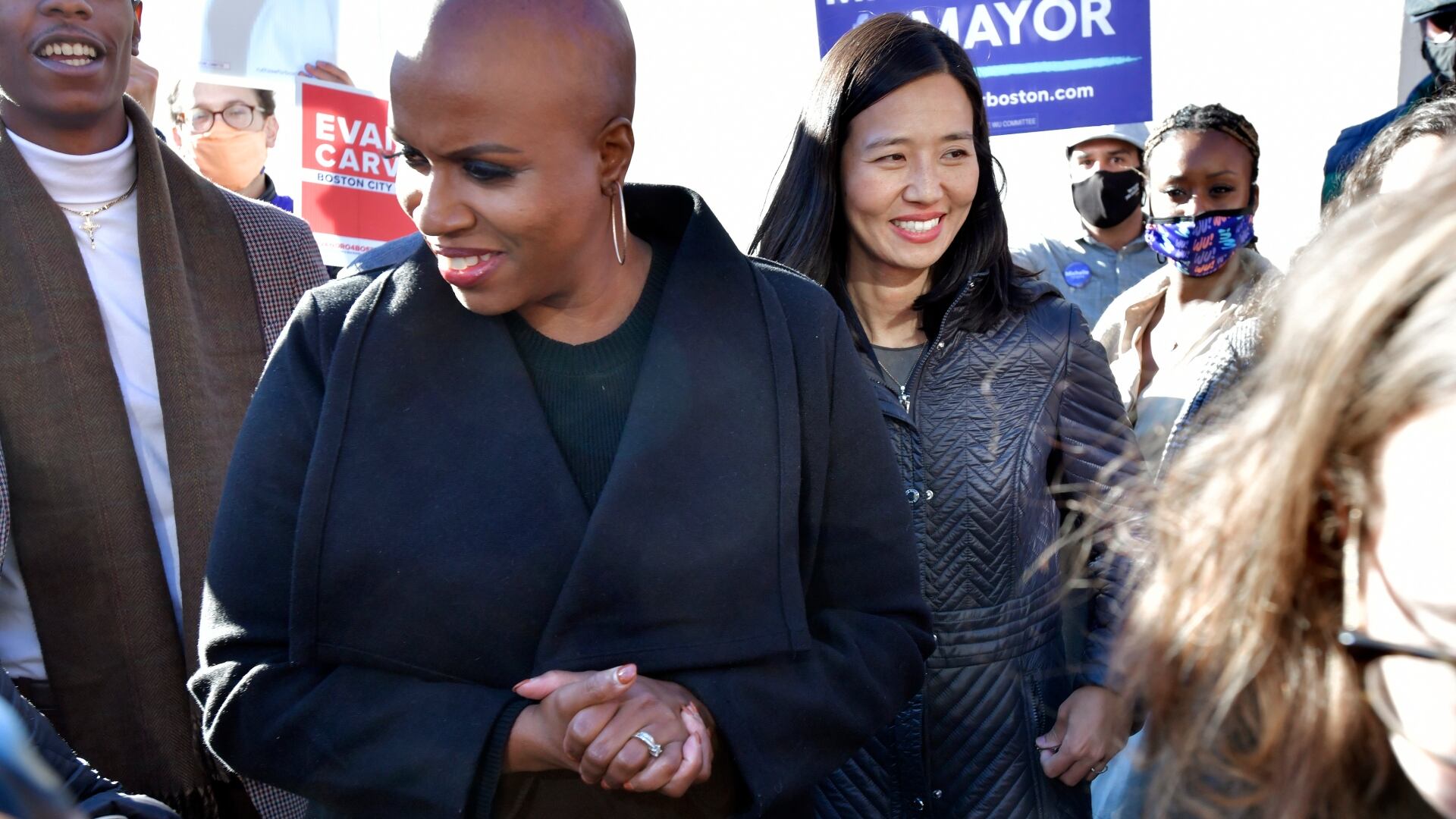
Rep. Ayanna Pressley Wants Biden to Deliver Legislation, Student Debt Relief for Black Voters
As President Biden's poll numbers fall with Black voters, Rep. Ayanna Pressley (D-Mass. 7th District) joined Cheddar to discuss what she feels could help the embattled administration: deliver on policies. Pressley pointed to stalled legislation such as new voting rights laws and Build Back Betters and canceling student loan debt, which would go a long way to improving his standing with Black constituents. "President Biden has the authority and the power to alleviate this burden, which would also help in closing the racial wealth gap, and he can do it by executive action with the stroke of a pen," she said. "And it doesn't require one vote from Congress. So, the Biden administration just needs to deliver to Black America in a tangible and impactful way."
